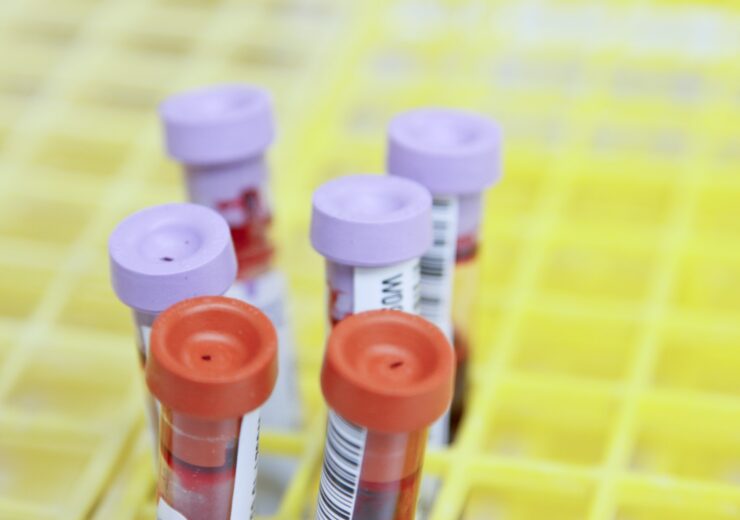The latest ALiA BioTech’s rapid diagnostic platform can deliver up to 30 results from a single drop of body fluid, whether it is blood, serum, swab, or urine

ALiA BioTech has introduced a Lab-on-Chip rapid diagnostic platform. (Credit: National Cancer Institute on Unsplash)
Biotechnology company ALiA BioTech has unveiled its next-generation Lab-on-Chip rapid diagnostic platform for carrying out multiplex testing in a single biochip within 15 minutes.
According to the Hong Kong-based firm, the Lab-on-Chip platform is a patented point-of-care testing (POCT) that can deliver up to 30 results from a single drop of body fluid, whether it is blood, serum, swab, or urine.
The biotechnology firm is now prepared to scale up the production of multiplex solutions for various disease panels as its microfluidic and microarray technologies have completed the research and development phases.
In the same platform, the company’s pipeline will also drive POCT toward veterinary health and agri-food surveillance.
With an accredited ISO 13485 medical device quality management system, the ALiA analyser and its biochip panels for respiratory infections and tropical fever have been granted CE certifications for use in Europe.
ALiA BioTech CEO Kelvin Chiu said: “It becomes very personal now. Next time we sneeze or cough, we could be catching Covid-19, influenza, respiratory syncytial virus, or Streptococcus pneumoniae.
“A single test on our platform gives the fast track and accurate answer.”
The biotech company is obtaining regulatory permission in more regions, such as the US, mainland China, and Southeast Asia.
The company hopes to strengthen relationships in the areas of product development and commercialisation and anticipates forming international strategic alliances to produce biochips for various disease panels.
The Hong Kong-based company is also planning for strategic partnerships to establish advanced manufacturing in the US, Asia-Pacific, and the European Union.
Chiu added: “Over the next five to 10 years, we shall develop more multiplex diseases panels and complete clinical trials and regulatory approval processes so that we can introduce more real-time rapid diagnostic panels that are critical to rescuing lives.”
